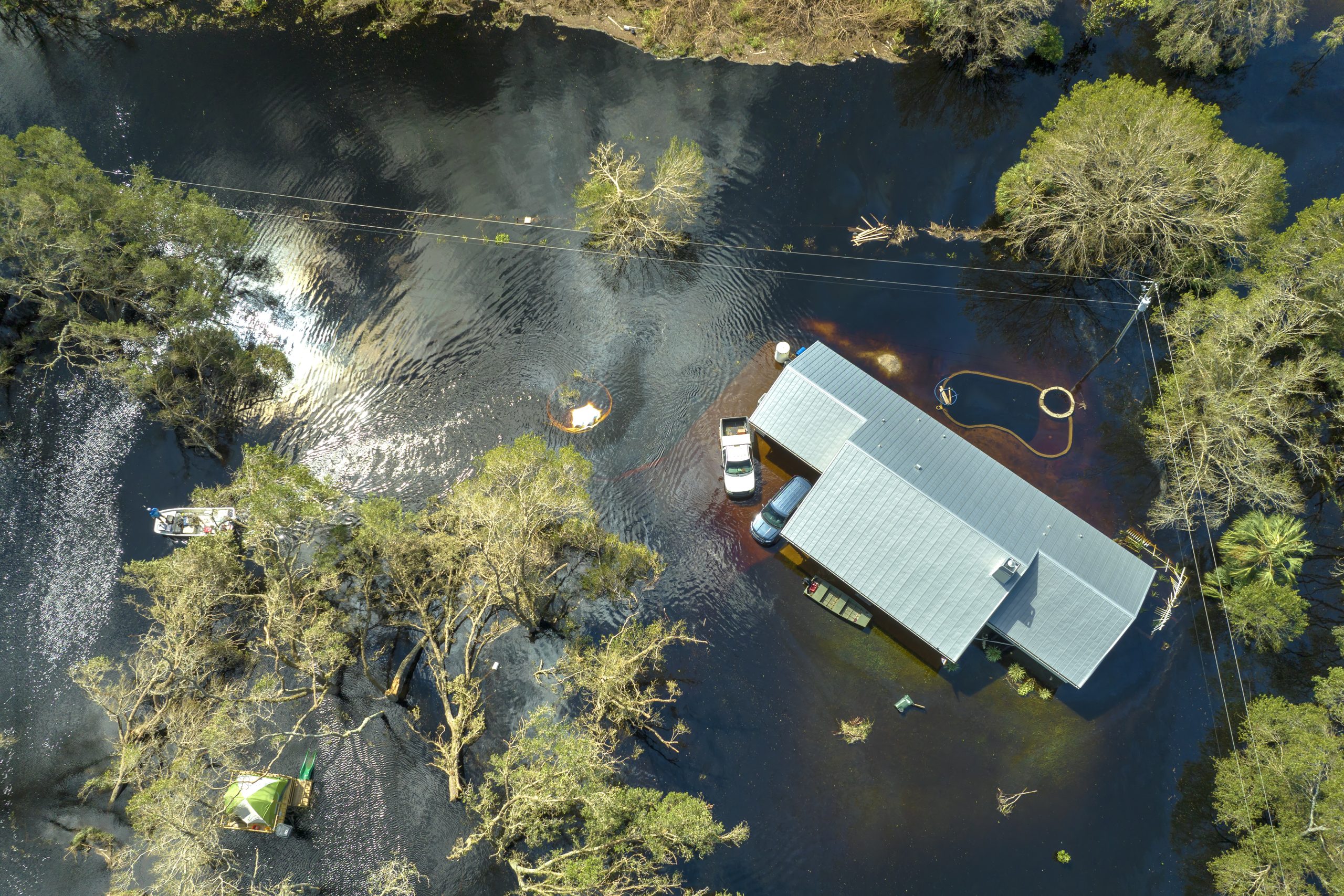States and cities across the Atlantic and Gulf coasts are entering hurricane season with heightened uncertainty due to significant cuts to key federal agencies, notably FEMA and NOAA, under President Trump’s administration. These cuts may lead to reduced accuracy in weather forecasts and diminished coordination in disaster response efforts.
Officials fear the loss of experienced personnel at FEMA, including a quarter of its full-time staff, will impair the agency’s ability to effectively manage large-scale disasters. NOAA, responsible for vital weather forecasting through the National Weather Service, has similarly lost approximately a fifth of its workforce, leading to concerns over degraded forecasting capabilities during emergencies.
The Trump administration’s broader push to shift disaster response responsibility and financial burdens from the federal government to states and local governments exacerbates the anxiety. With disaster costs increasing, local leaders remain unsure about who will shoulder the expenses and fear a funding shortfall during critical recovery periods.
Trina Sheets, executive director of the National Emergency Management Association, noted that FEMA currently lacks a clear plan or roadmap, making it difficult for state emergency managers to adequately prepare for this disaster season. Meanwhile, Elon Musk’s Department of Government Efficiency has compounded disruptions by implementing swift staffing reductions at critical agencies.
Communities that have relied heavily on federal aid in past disasters, such as those impacted by hurricanes and wildfires, express alarm over the reduced support. Trasi Sharp, a business owner on Sanibel Island, Florida, described the possibility of further FEMA cuts or elimination as frightening, citing the essential role the agency played in local recovery after recent hurricanes.
In response, some states and municipalities, particularly in the wildfire-prone Western U.S., are allocating more local resources to manage disaster risks independently. Officials like Stan Hilkey from Colorado’s Department of Public Safety have emphasized their efforts to become less reliant on federal assistance in the face of these uncertainties.
Despite recognizing a need for FEMA reforms, many officials believe the pace and scale of the current changes are problematic. Virginia Governor Glenn Youngkin acknowledged the difficulty of drastically transforming disaster response systems amid ongoing emergency needs, highlighting a tension between reform and readiness.
Meanwhile, practical impacts are already surfacing: states have encountered difficulties securing timely federal support, illustrated by FEMA’s delayed approval of disaster relief in Arkansas and urgent appeals from St. Louis following destructive tornadoes. Experts warn that reductions in federal forecasting capability could severely compromise early warnings, evacuation orders, and disaster preparations in future events.
